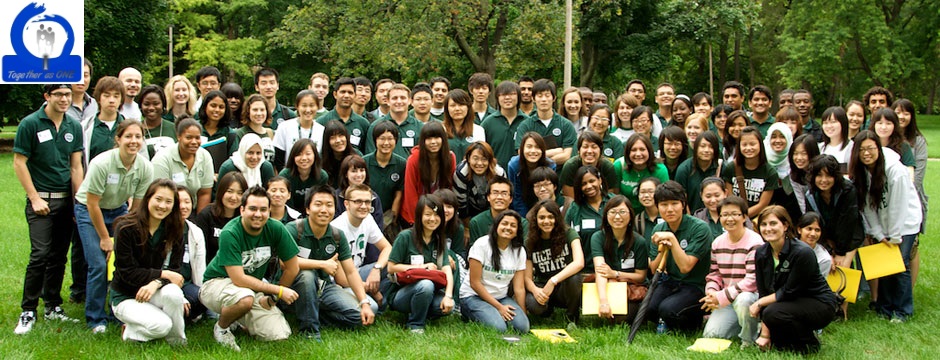Michigan State University Scholarships for Sub-Saharan Africa
- ToGetherAsOne

- 5 oct. 2016
- 2 min de lecture
Deadline: 1 February 2017 Open to: citizens and permanent from sub-Saharan Scholarship: full cost of tuition
Description
The MasterCard Foundation has partnered with Michigan State University to provide full tuition scholarships to master’s degree students from sub-Saharan Africa. The mission of The MasterCard Foundation is to advance education and financial inclusion to catalyze prosperity in developing countries and are awarded to study the subjects offered by the university. The Scholarships are available for pursuing graduate programme at Michigan State University. The Scholars Program is a 10-year, USD 500 million initiative that will enable 15,000 academically talented students from economically disadvantaged communities (mostly in sub-Saharan Africa) to attend secondary school and/or university.
Eligibility
Students who have already completed a bachelor’s degree at an African university and are residents or citizens of an African country;
Academically qualified yet economically disadvantaged young people in Africa who will contribute to the transformation of the continent.
Scholarship
The MasterCard scholarship will cover full tuition for those accepted to the program.
How to apply?
To apply you must first apply to the desired master’s program through the program’s department. After being accepted to the program, the Scholar must be nominated for a MasterCard Foundation Scholarship by a faculty member. Only students who have been admitted to on-campus Master’s Programs are eligible for this scholarship. A list of graduate programs is available at the MSU Graduate School website. Submit All Supporting Documents to the Master’s Program:
Complete the MCF Scholarship Application (.docx) and send it to your graduate department; if submitting a hand-written scholarship application, ensure that the document is clearly legible after it has been scanned;
Submit at least one Recommendation Form (.docx) from an individual who can confidently speak to your family’s economic circumstances, not a family member (teacher, community member, etc.).
For more information please visit the official website.
By Fofana O Kerfala
President & Founder of
Together As One



















































Commentaires